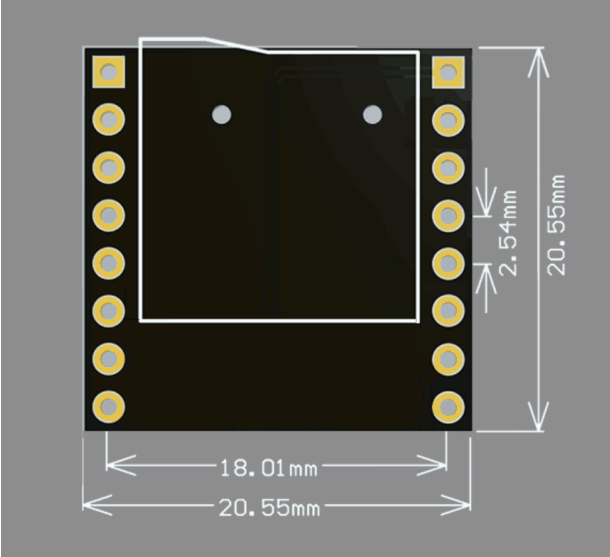DFPlayer - Mini MP3 Player
SKU: DFR0299
The article delves into the DFPlayer Mini MP3 Player Module, a small and affordable MP3 module that offers a simplified output directly to a speaker. It can function as a standalone module with an attached battery, speaker, and push buttons, or be used with microcontrollers like Arduino, ESP32, and Raspberry Pi. The DFPlayer Mini is ideal for projects requiring embedded audio, thanks to its compatibility with devices that use UART communication. This makes it a versatile choice for hobbyists and developers looking to integrate audio into their electronic projects.
















